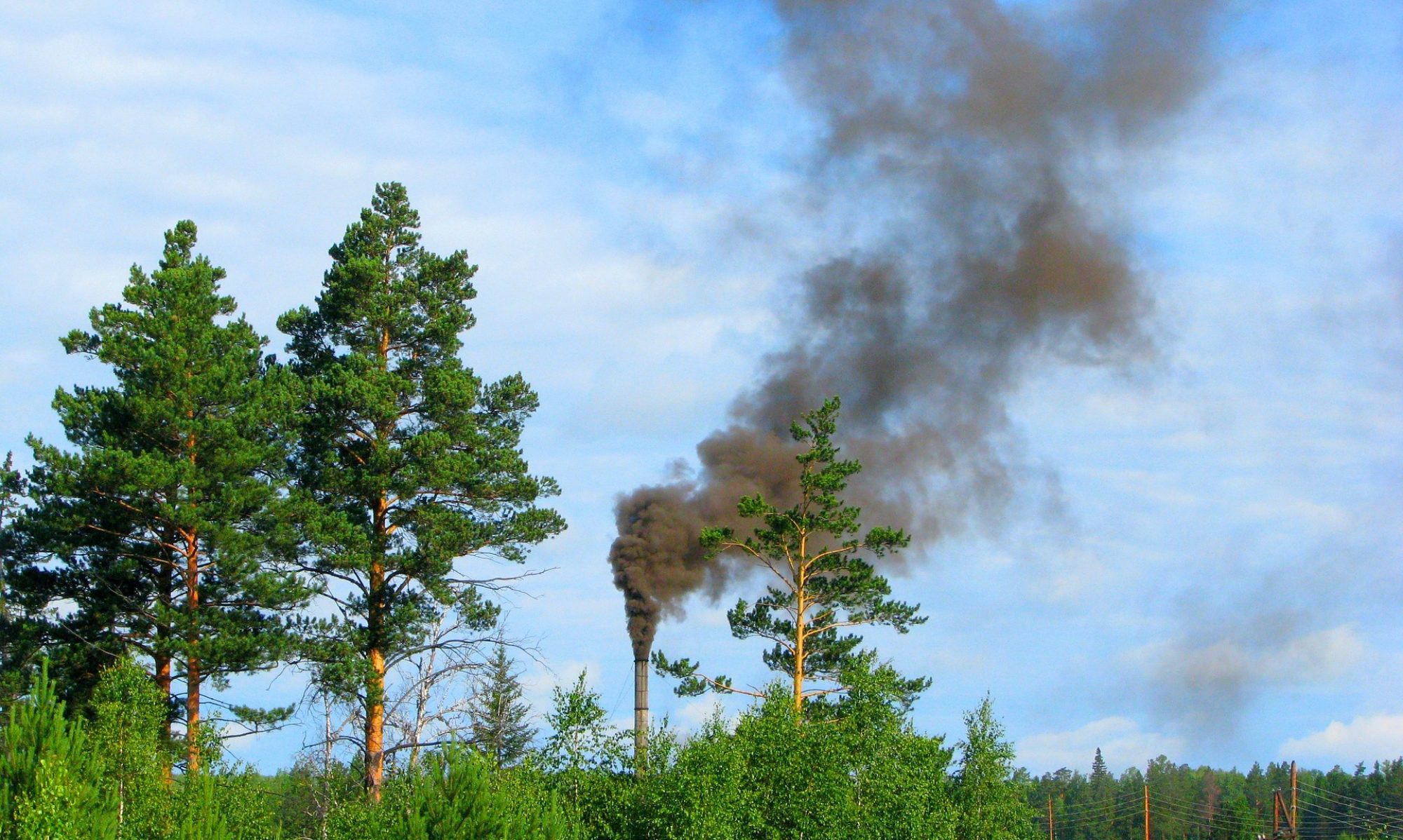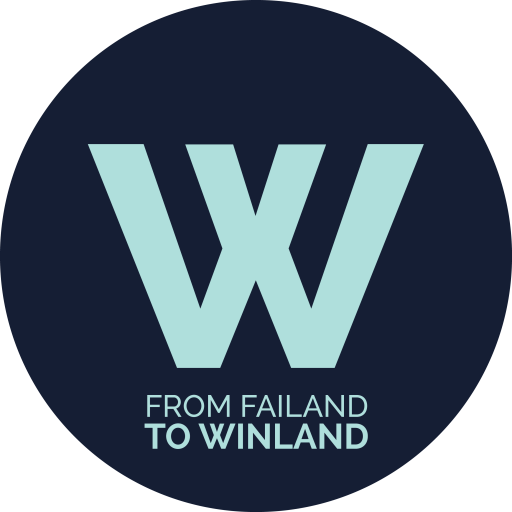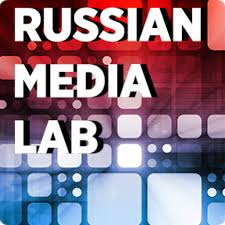Postdoctoral researcher Hanna Lempinen wrote an article “At the margins of the Barents energyscape” for the latest issue of Barents Studies. The issue covers topics around marginal phenomena, and Hanna’s article is focusing on societal dimensions of energy.
In political, popular, and scholarly debates, the Arctic – and most importantly within
it the Barents region – is portrayed as being on the brink of becoming the “world’s
new energy province”. Growth in global energy demand, dwindling reserves, political
instabilities at existing production sites, warming climate, as well as advancements
in extraction and transportation technologies are pushing energy activities further
towards the previously inaccessible north. In these framings, energy in the Arctic is
mostly understood as synonymous with oil and gas production for international exports
and as a concern of markets and politics, and of technology, science, and economics.
Exploring media representations of the regional energyscape through the “theory-methods
package” (Clarke 2015, 87) of situational analysis, this article highlights the
diversity of regional energy beyond oil and gas production; the simplistic manners in
which the societal dimensions of energy are understood; the absence of everyday life,
ordinary people, and the female gender from the depictions of the regional energyscape;
and the lack of attention to climate impacts of northern energy production.



